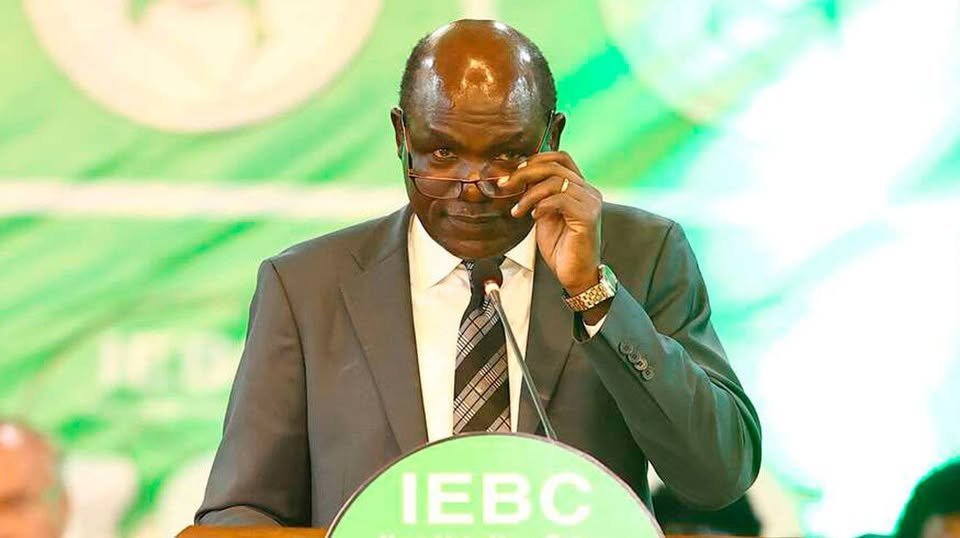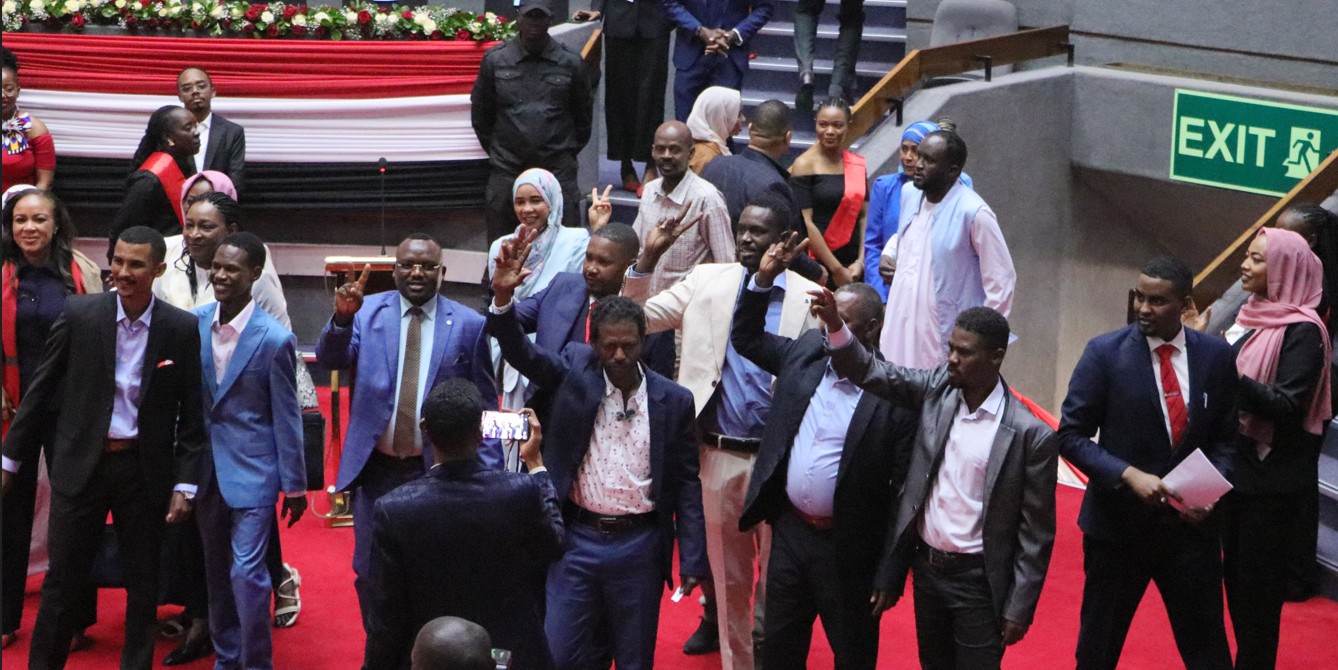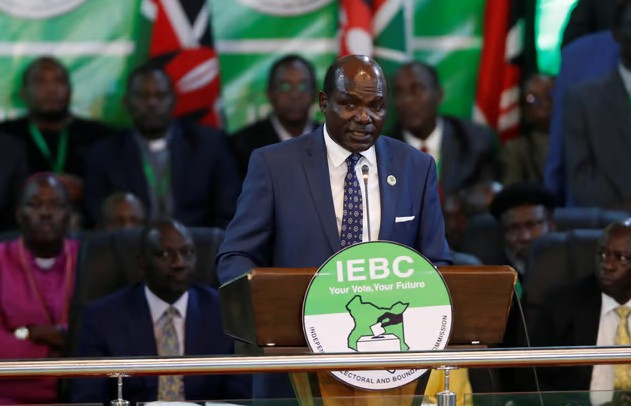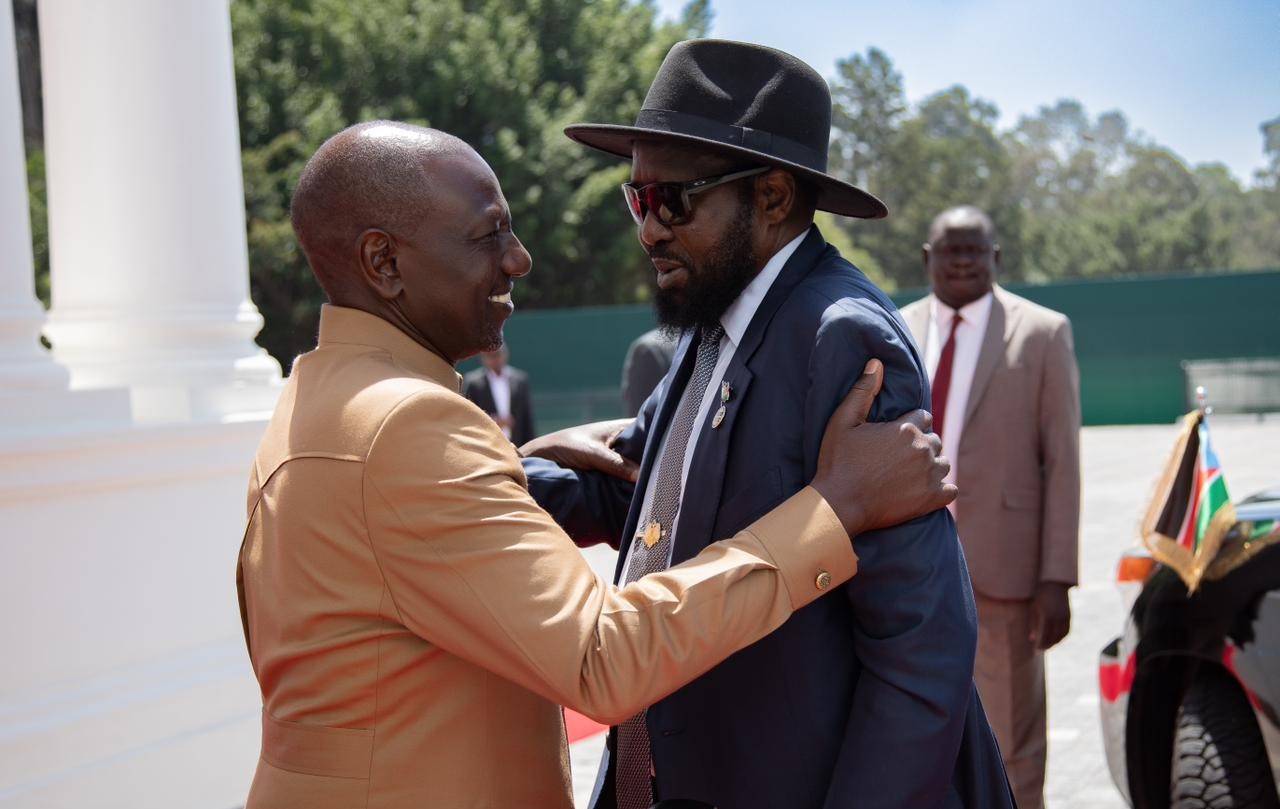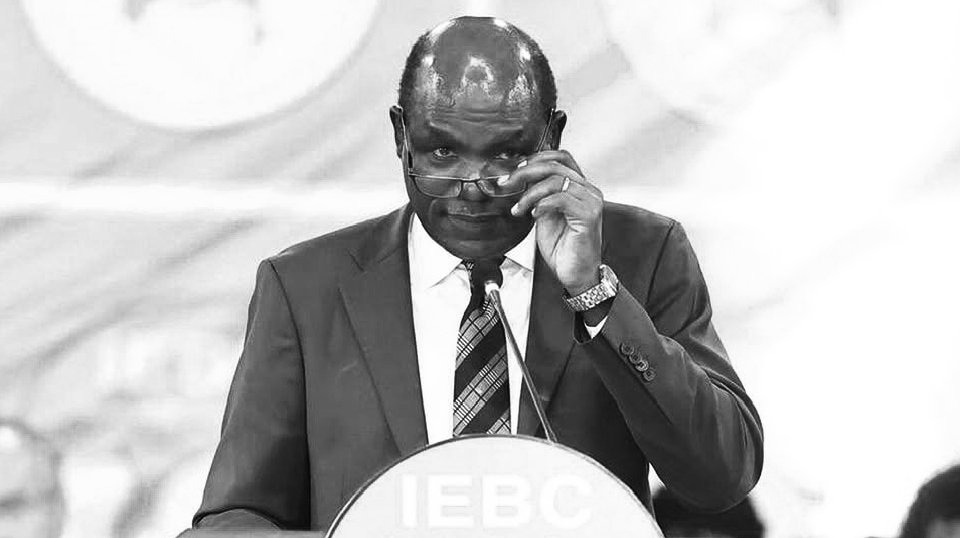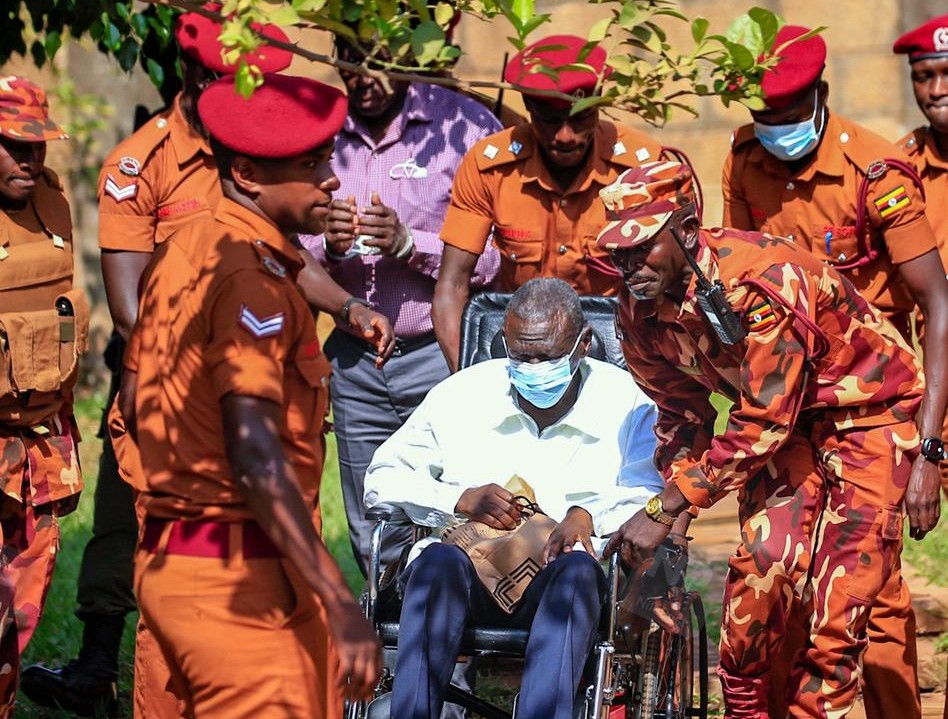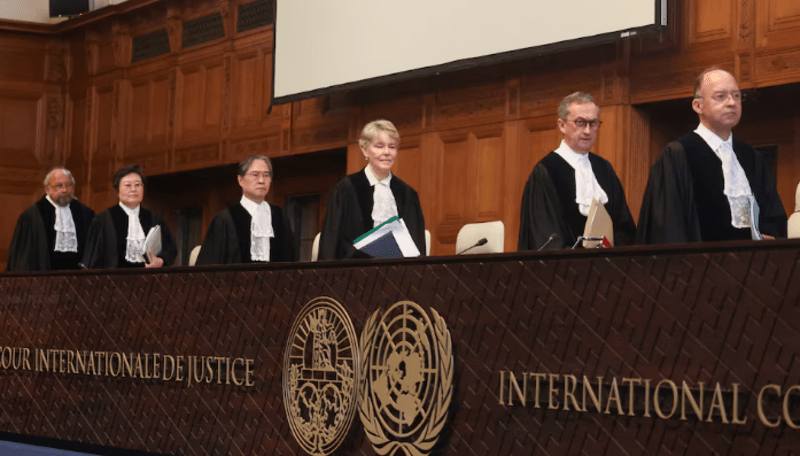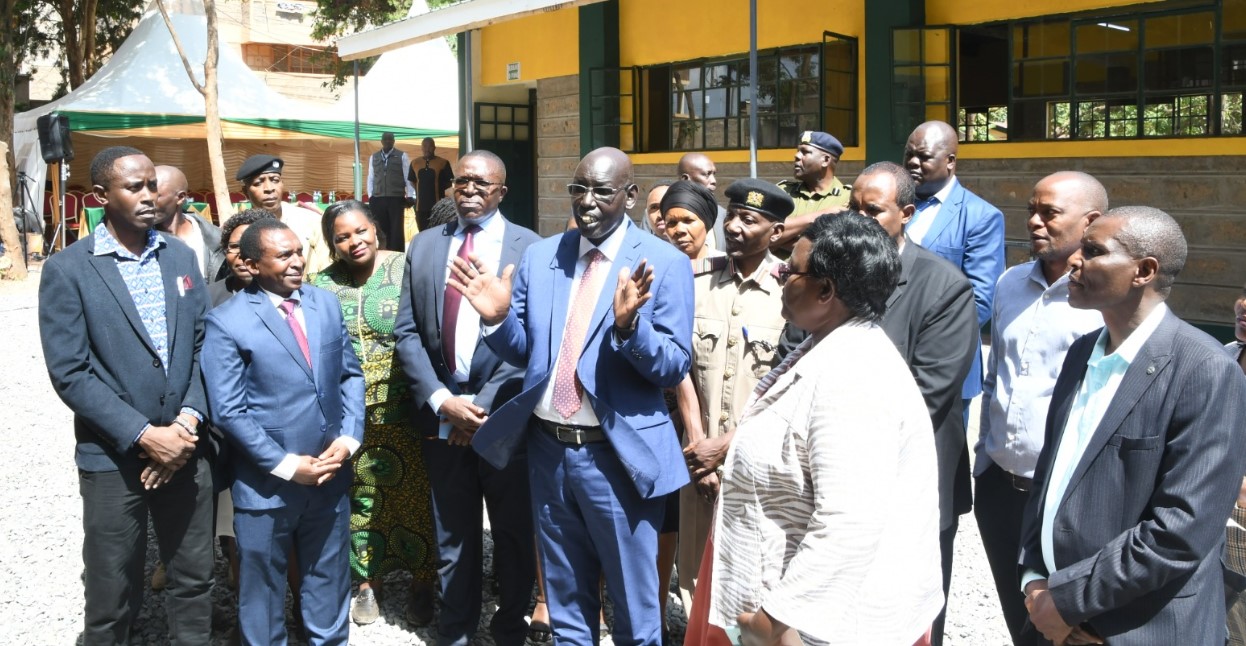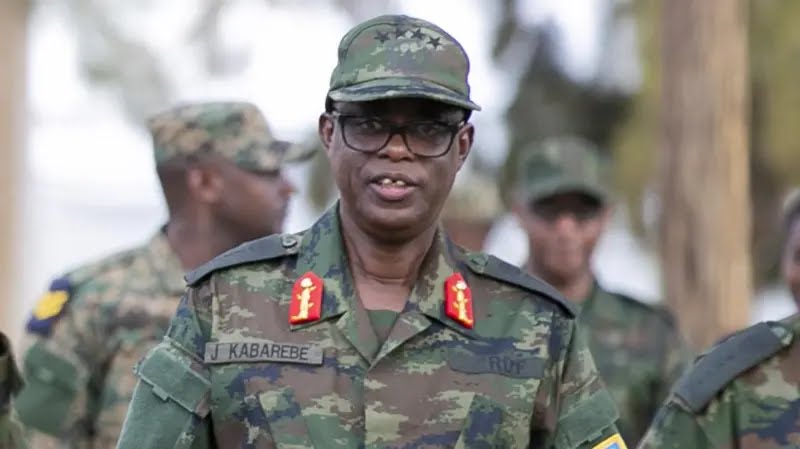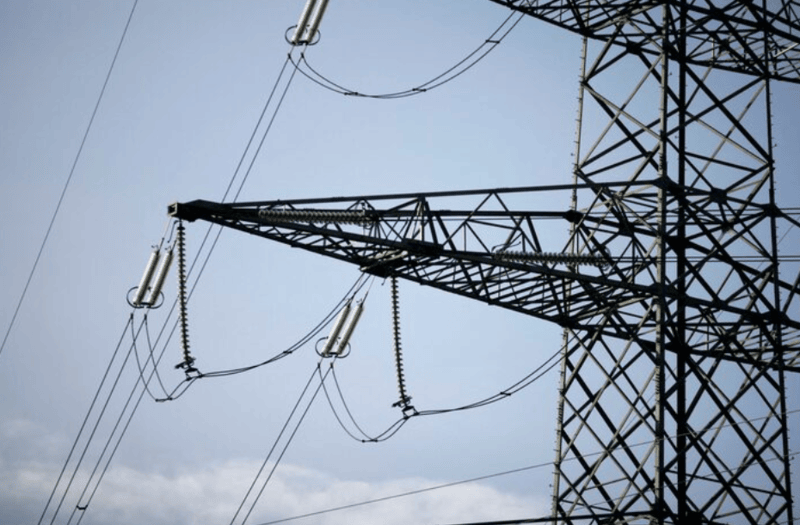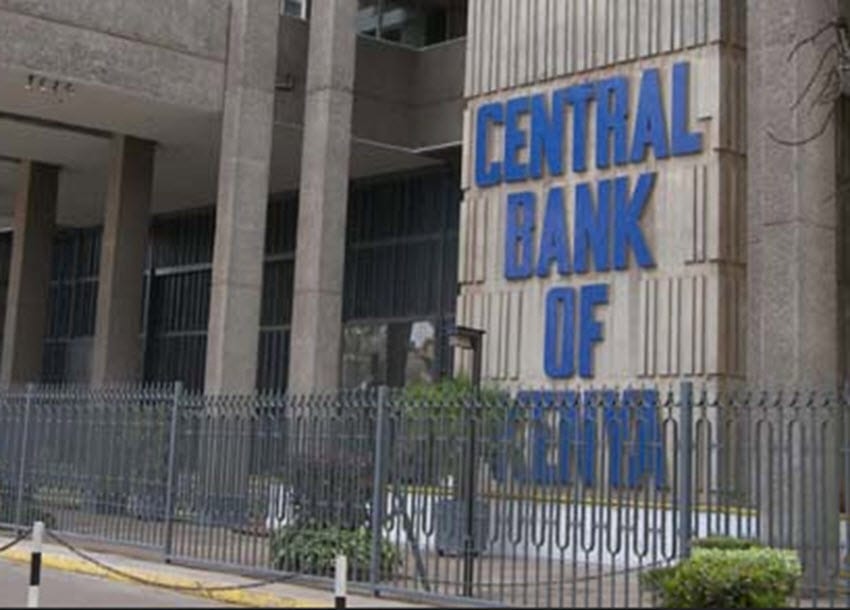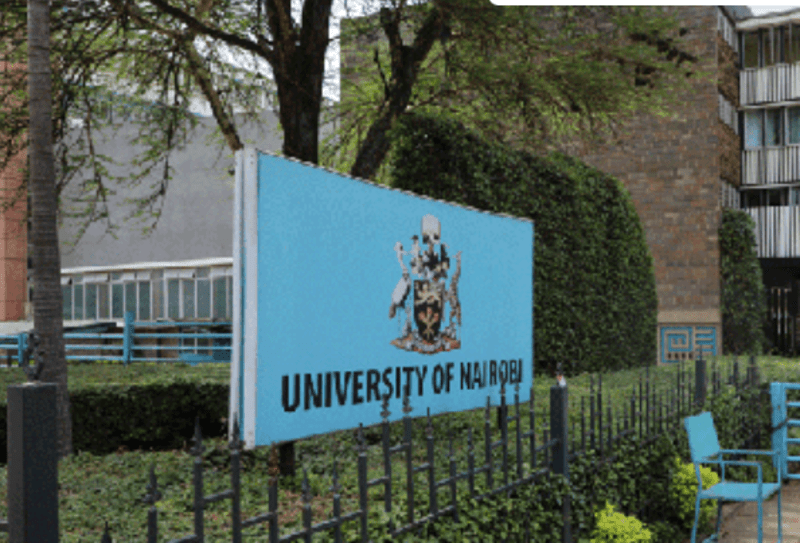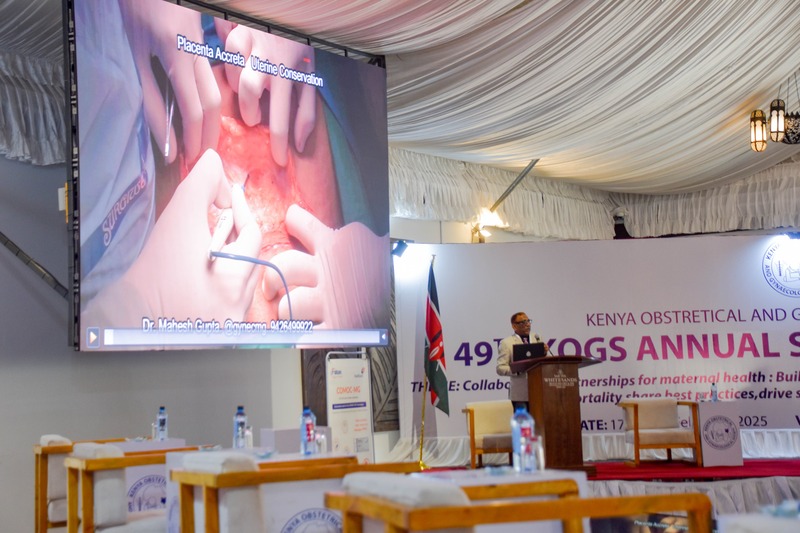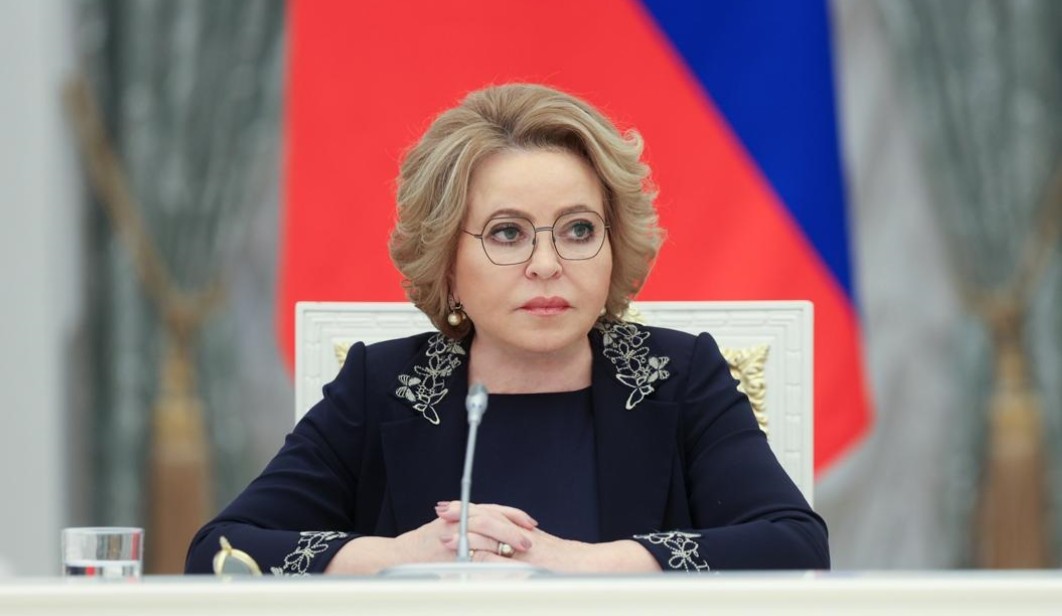Treasury declines Mudavadi’s request for Sh2.6 billion budget increase
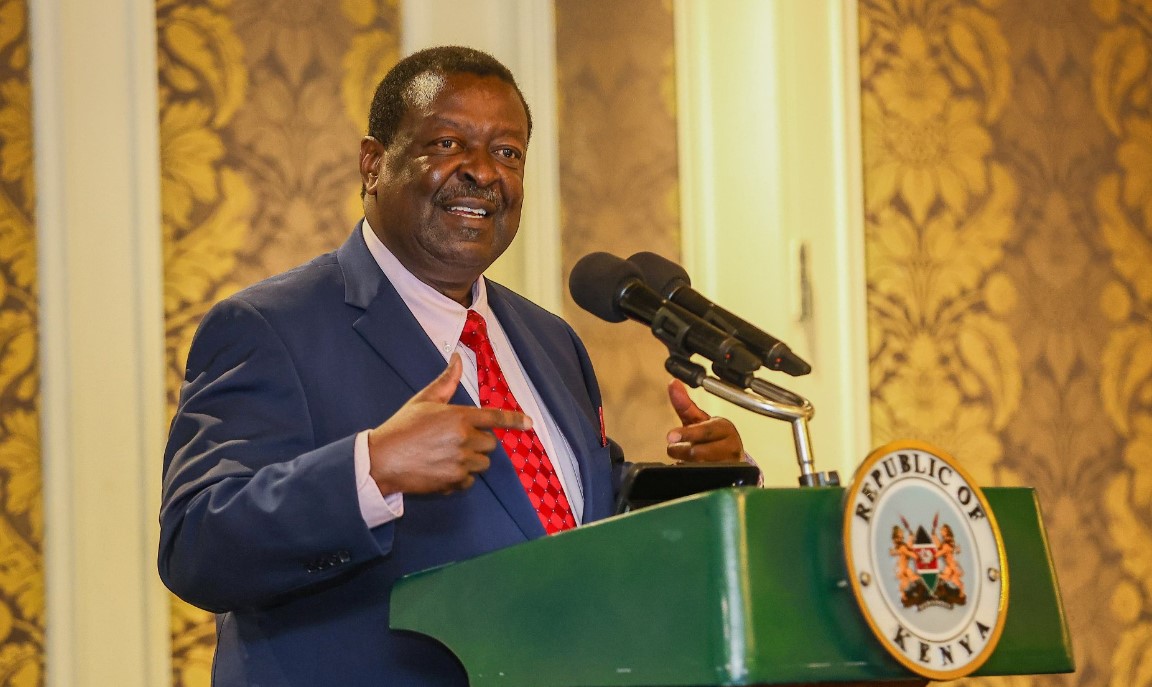
Mudavadi’s office had sought to increase its allocation to Sh2.6 billion, up from the Sh930.9 million provided for the period starting in July.
A request by Prime Cabinet Secretary Musalia Mudavadi to nearly triple his office budget for the 2025/26 financial year has been turned down by the Treasury, which cited fiscal constraints and the need to prioritise essential government spending.
Mudavadi’s office had sought to increase its allocation to Sh2.6 billion, up from the Sh930.9 million provided for the period starting in July.
More To Read
- Backroom diplomacy as Kenya engages in last-minute lobbying for Raila’s AUC top seat bid
- Audit exposes ethnic imbalance among employees in Prime CS Mudavadi's office
- Sh2.3 million per hour private jet: The lavish and costly Raila Odinga AUC campaign trail
- Mudavadi dodges questions on public budget for Raila Odinga’s campaign for top AUC seat
However, in its Budget Policy Statement, the Treasury declined the request, stating that additional funding would be directed towards non-discretionary expenses such as public debt servicing and salaries.
“The increase by Sh1,691.8 million in FY 2025/26 budget allocation will facilitate effective coordination and supervision of national government operations by the PCS,” the Treasury said referencing Mudavadi’s request.
The allocation of Sh930.9 million marks an increase from the Sh790 million budgeted for the office in the current financial year but remains lower than the Sh1.37 billion spent in the year to June 2024.
Since its establishment, the Prime Cabinet Secretary’s office has primarily focused on overseeing government operations and coordinating ministries and state departments, without engaging in direct development activities.
Mudavadi’s office had also requested additional funding for the 2026/27 and 2027/28 financial years, but the Treasury maintained that its budget estimates reflect existing ministerial spending levels and prioritise critical obligations over discretionary expenditures.
“The baseline estimates in FY 2025/26 and medium-term budget reflect the existing ministerial spending levels in sector programs. Within recurrent expenditures, non-discretionary costs take precedence, including the payment of public debt and interest, as well as salaries and pensions,” the Treasury said.
It further noted that development expenditure would be allocated to flagship projects aligned with Vision 2030, the Bottom-Up Economic Transformation Agenda, and the Medium-Term Plan IV priorities.
The rejection of the budget increase stalls the Prime Cabinet Secretary’s plan to expand its influence across government, where it has been overseeing the implementation of programmes and coordinating national government policies.
The Treasury’s decision also highlights efforts to curb excessive government spending, particularly in areas such as travel, hospitality, and the acquisition of high-end vehicles for senior officials. This comes as the government faces mounting debt obligations, with public debt servicing costs reaching Sh1.56 trillion in the year to June 2024.
Between its establishment in 2022 and September 2023, Mudavadi’s office spent Sh2.15 billion, primarily on recurrent expenses such as salaries and operational costs. In the 2022/23 financial year, it spent Sh650 million, which rose to Sh1.37 billion in 2023/24. By the first quarter of the current fiscal year, it had spent Sh136 million from its Sh790 million allocation.
The office’s main activities have revolved around policy development and government coordination. According to the Controller of Budget, it spent Sh904 million on coordination and supervision services in the last financial year, while Sh463.5 million went towards general government coordination. Another Sh382.5 million was used for salaries and allowances for staff.
Despite the expenditures, the Controller of Budget highlighted concerns over low budget absorption in the office, noting that only 13 per cent of allocated funds had been utilised in the first quarter of the current fiscal year.
“An analysis of programme and sub-programme performance for the office of the Prime Cabinet Secretary reveals low budget absorption at 13 per cent, which implies delayed budget implementation,” the Controller of Budget said in the latest report.
“We recommend that while certain areas within the coordination services are progressing, others may require enhanced budget implementation to effectively meet target outcomes.”
The Prime Cabinet Secretary’s office was created to assist the President and Deputy President in coordinating the formulation and implementation of government policies, legislation, and projects. However, its limited spending scope has largely confined its role to administrative oversight rather than direct service delivery.
Top Stories Today
